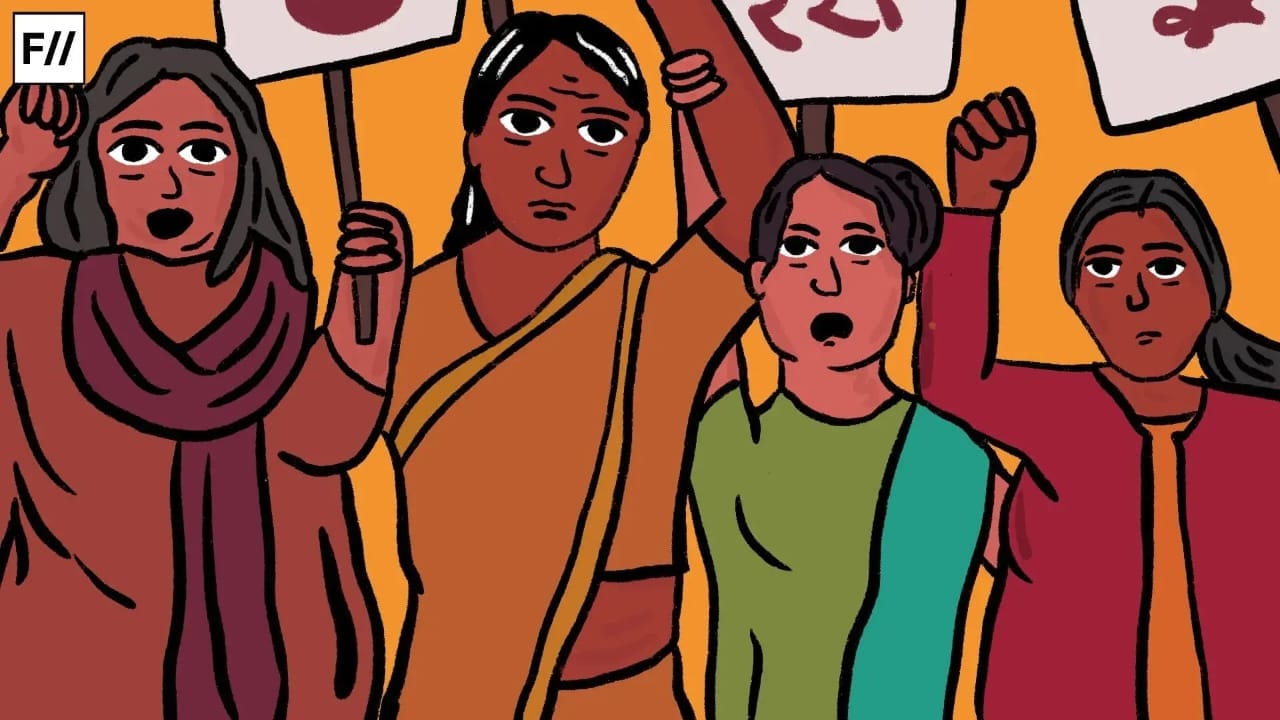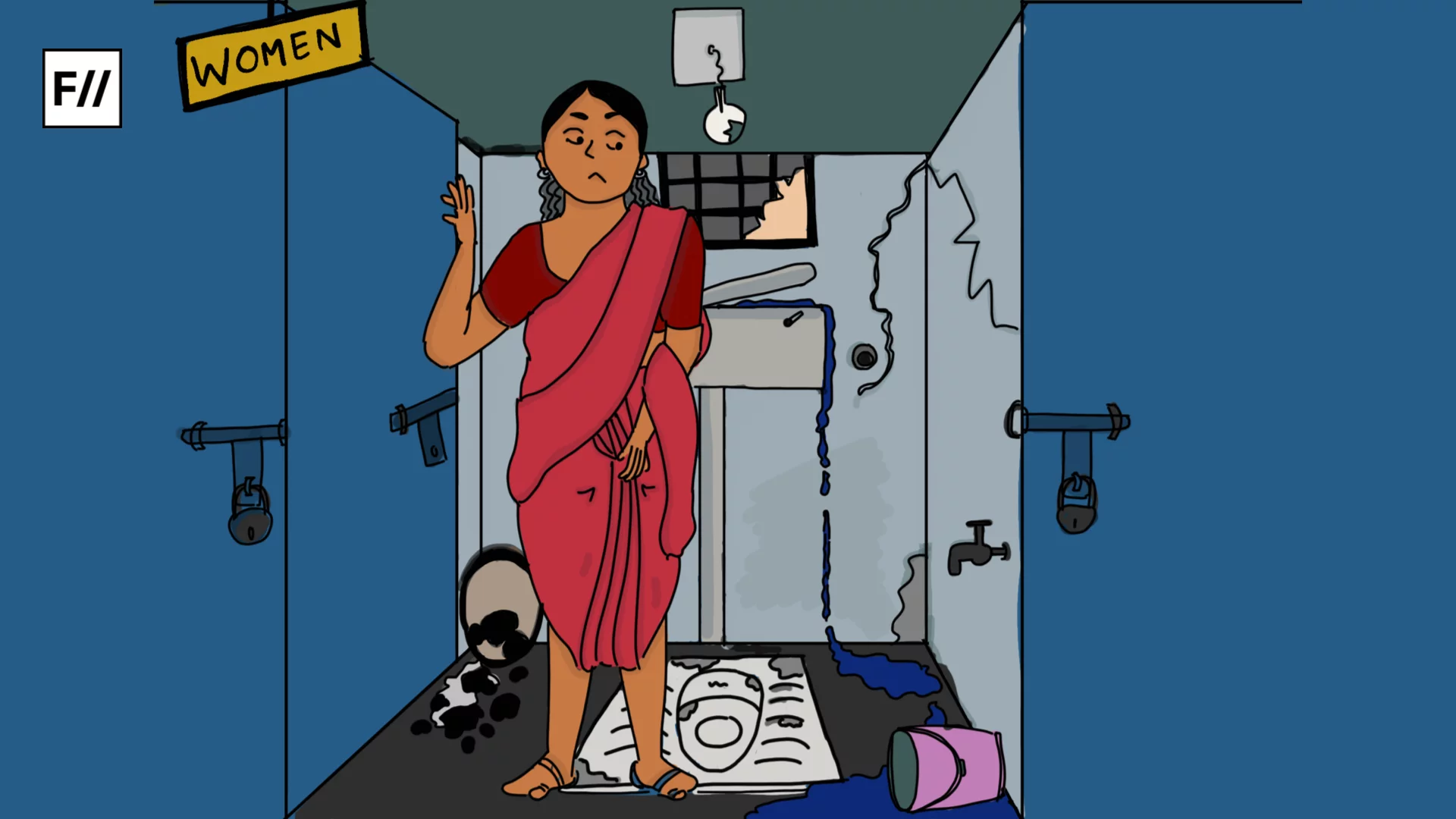Trigger Warning: Mention of sexual abuse
Jennifer Bansiwal has quit the show Taarak Mehta Ka Ooltah Chashmah after 15 years of working in it. She has accused the producer of the show, Asitt Kumar Modi, of sexual harassment and has also filed complaints against the Project Head, Sohail Ramani, and the executive producer, Jatin Bajaj.
Her final decision to leave the show was triggered by an incident two months ago. She had asked for a half-day leave to celebrate Holi with her daughter, but at the last moment, she was refused. She claims that she was humiliated by Ramani, who asked her to get off the sets four times, and she was also forcefully hindered by the executive producer.
This prompted Jennifer to finally quit the show and open up about her struggles and various instances of harassment she had faced while working on the show. Jennifer’s case has once again brought forward the #MeToo Movement in the workplace to the forefront. Issues of women’s safety in the workplace, the possibility of vocalising these struggles, and problems of accountability which are tied to this movement are still pertinent in the current social environment.
#MeToo Movement in the workplace
The public or professional space has always been a vulnerable place for women who have to struggle against patriarchal structures, restricted and confined movements, and heightened scrutiny of their bodies. It has traditionally been a space of gender discrimination where women have often occupied marginal positions. This has translated into various forms of sexual harassment in the workplace which the #MeToo Movement has tried to address.
#MeToo Movement is not just a string of accusations by famous women against the cases of sexual misdemeanour faced by them during their careers but both popular and common women alike have gone through such oppressive work environments, and it is the collective response of women against the systems that perpetuate such sexual harassment.
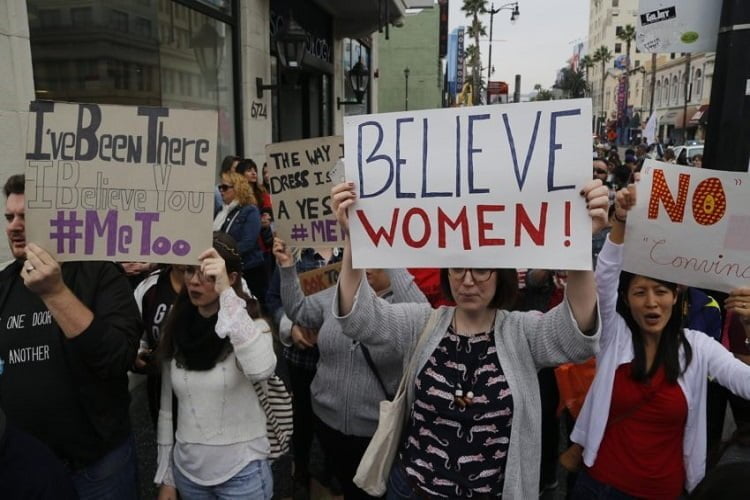
It provides an important independent platform for women to voice their concerns. It gives women a sense of solidarity that their problem is not an isolated incident, but a larger social issue. It enables a form of communal support for women who can mutually share and support each other. It, ultimately, opens a channel in a highly misogynistic world to hold patriarchy accountable.
However, it has often faced backlash and accusations of being a publicity stunt, an attempt for fake sympathy, or a means to gain a monetary advantage. This is a natural reaction of a system which has for a long time put silence on the women facing these problems. Women’s struggle is by no means over as harassment in the professional space continues.
The movement might have some point of success in the reformed policies and increased awareness in the workplace, but there is still a gap between the assertions of safety and the actual practice of that. A company, in principle, might not tolerate toxic behaviours and discrimination, but it might not be able to implement that properly.
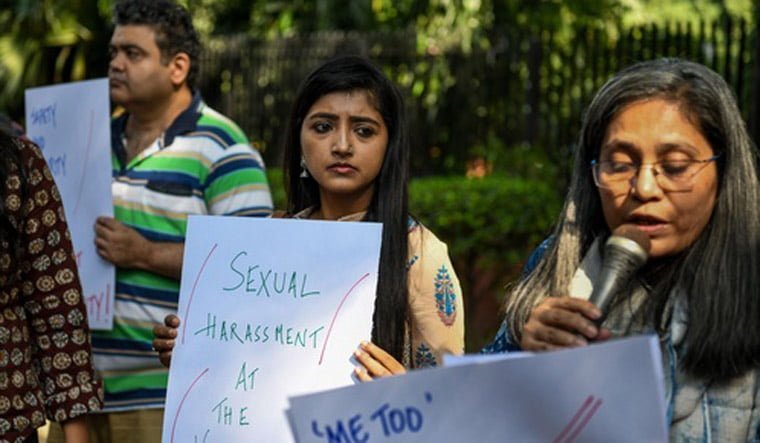
Primarily, women are still reluctant to speak against these acts in the workplace due to its hierarchical structure. The power relations and the lack of proper means of redressal continue to make it difficult for women to defy people in superior positions than them. The human resources departments might ignore or deliver unfair decisions being pressurised by the seniors under which they work. The still existent lack of diversity in senior managerial positions — often dominated by cisgender men — also impedes the voices of women or queer people.
Moreover, practical considerations also limit women from expressing themselves against forms of harassment. Jennifer Bansiwal expressed, “Asit Modi has made sexual advances towards me many times in the past. Initially, I ignored all his statements because of fear of losing out on work. But it is enough now I won’t take it anymore.” It is the fear of losing their livelihoods, facing public humiliation, and causing troubles in their homes and family, that often silences women.
There is a need for certain systematic and ideological changes within the workplace environment. Independent and transparent methods must be employed while handling cases of sexual harassment. Moreover, victim-blaming and the character assassination of the victim need to be replaced with a more sensitive outlook.

Finally, it is the workplace culture itself which needs to become more inclusive and progressive. It is not just the safeguards against sexual exploitation that the professional space needs, but it also needs a full stop to sexist attitudes and overall gender discrimination.
Jennifer Bansiwal asserted about her workplace, “They made adjustments for everyone except me. I kept requesting them but they did not listen. They adjusted for all the male actors. It is an extremely male-chauvinistic place.“
A Harvard Business Review article also defines sexual harassment as encompassing discriminatory treatment of women, including “things like a supervisor or coworker making sexist remarks, telling inappropriate stories, or displaying sexist material.” It is these misogynistic attitudes that need to be reformed to make the workplace environment overall conducive to women.
Vishakha guidelines and PoSH
In 1977, Vishakha guidelines were established by the Supreme Court to ensure women’s safety in the workplace after the appeal of many women’s groups and NGOs. These guidelines emerged as a result of the Bhanwari Devi rape case. Devi had to face sexual exploitation when she was performing her work duties which raised questions about women’s safety at her workplace.
The guidelines stated that it was the duty of the employer to ensure the safety of their employees and make the workplace a safe and equal space for women. It also gave injunctions to the organisations to adopt proper prevention and redressal means against sexual harassment at work. This meant having specific committees and bodies to address these issues.
These guidelines were later superseded by the Sexual Harassment of Women at Workplace (SHWW) Act in 2013. This act is also commonly known as the PoSH Act. It aims at the Prevention, Prohibition, and Redressal of sexual harassment against women in the workplace. This involves acting against sexual suggestions and coercions faced by women and discouraging gender discrimination.
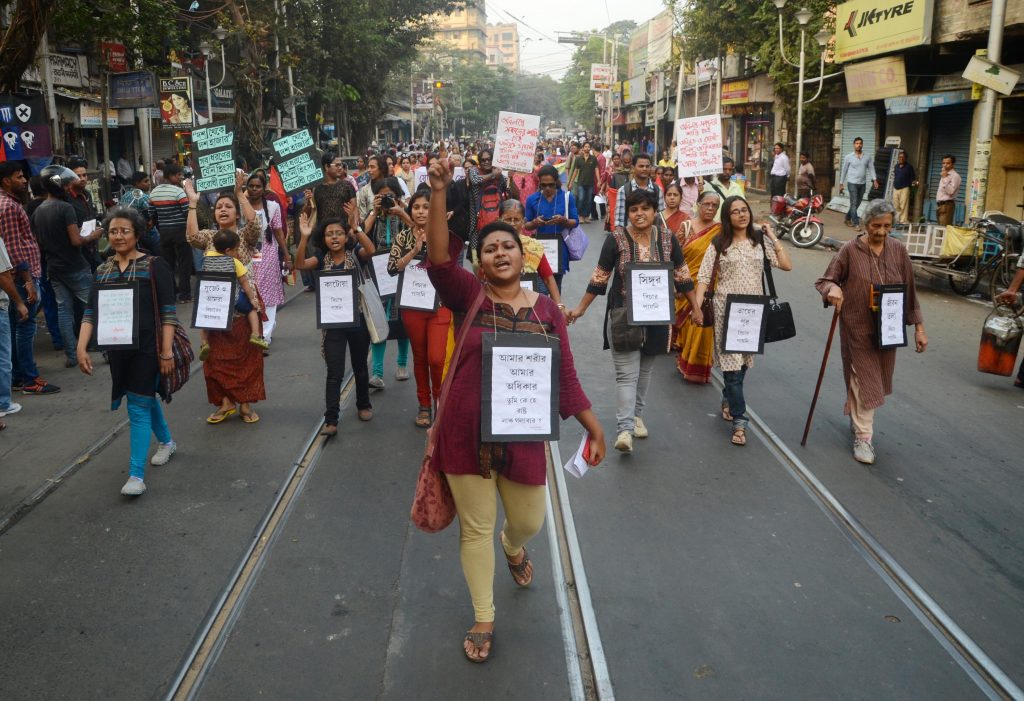
This act has also mandated that organisations need to have an internal complaints committee (ICC) to serve as a platform for ensuring women’s safety. The ICC holds the main responsibility to address these problems, even if the woman is unable to complain directly. ICC behaves like a civil court and a proper case proceeding is held by it for necessary actions. There is also a provision to take the matters to an actual court if ICC could not appropriately resolve the matter.
Furthermore, an application, by the same name as the initial guidelines Vishakha, has also emerged to provide a platform where women can come together and collectively educate and support each other against workplace harassment. It provides a space for safe expression, solidarity, and execution of fast action against such forms of gender-based harassment. It can systematically handle these complaints in compliance with the SHWW Act 2013.

These regulatory complaint bodies are important to bring the matter to justice. However, Bansiwal states, “I sent the complaint mail to authorities a month back but haven’t got any revert. I am sure they must be looking into it and working towards the care.” Jennifer Bansiwal’s case shows that there is also a need for prompt and decisive action by responsible people to increase accountability in the workplace.
The workplace is still marred by gender politics, power dynamics, and weak safeguards against cases of harassment. Bansiwal’s case, among many others, testifies to the continued relevance of movements which can promote a more inclusive, safer, and progressive working environment.




